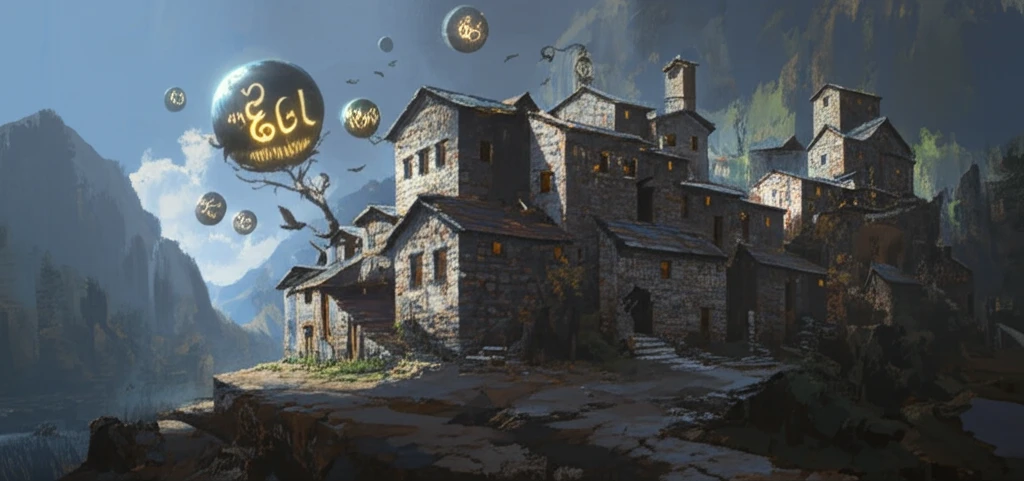
Unlocking the Past: How Local Idioms Preserve Culture and History
"Exploring the Rich Tapestry of Kardhiqi Idioms in Gjirokastra, Albania"
Language is more than just a tool for communication; it's a vessel carrying the cultural DNA of a community. Within a language, idioms—those colorful, often quirky expressions—hold a special place. They are the living embodiment of a people's history, values, and worldview. In the province of Kardhiqi, near Gjirokastra, Albania, local idioms offer a unique window into the region's rich heritage.
Albanian, celebrated as a testament to the resilience and enduring spirit of its people, finds some of its most vivid expressions in its idioms. These aren't just random phrases; they are carefully preserved fragments of a culture, reflecting centuries of battles, traditions, and a deep understanding of the human experience. As the saying goes, 'The Albanian word expresses the entire life of centuries of our ancient and warrior people, his vast culture well preserved, a glorious history full of battles.'
This exploration delves into the fascinating world of Kardhiqi idioms, revealing how these linguistic gems capture the essence of local life, preserving the echoes of the past in the everyday language of its people. From the nuances of social customs to the echoes of historical events, these idioms paint a vibrant picture of a community shaped by its unique environment and experiences.
The Power of Idioms: More Than Just Words

Idioms are more than just colorful turns of phrase; they're cultural artifacts that encapsulate a community's shared experiences, values, and history. In Kardhiqi, these idioms serve as linguistic time capsules, offering insights into the region's unique character. They reveal the mentality, historical context, and even the environmental conditions that have shaped the lives of its inhabitants.
- Cultural Preservation: Idioms preserve historical and cultural knowledge, acting as a bridge to the past.
- Emotional Expression: They convey feelings and emotions that might be difficult to express directly.
- Social Commentary: Idioms often reflect social norms, values, and even criticisms within a community.
- Linguistic Enrichment: They add color and depth to the language, making it more expressive and engaging.
Preserving the Future Through Language
The idioms of Kardhiqi offer a treasure trove of cultural and historical insights. By studying and preserving these linguistic gems, we not only enrich our understanding of the past but also contribute to the vitality of the Albanian language and the cultural identity of its people. As language continues to evolve, it is increasingly important to capture and celebrate these unique expressions that connect us to our heritage.
